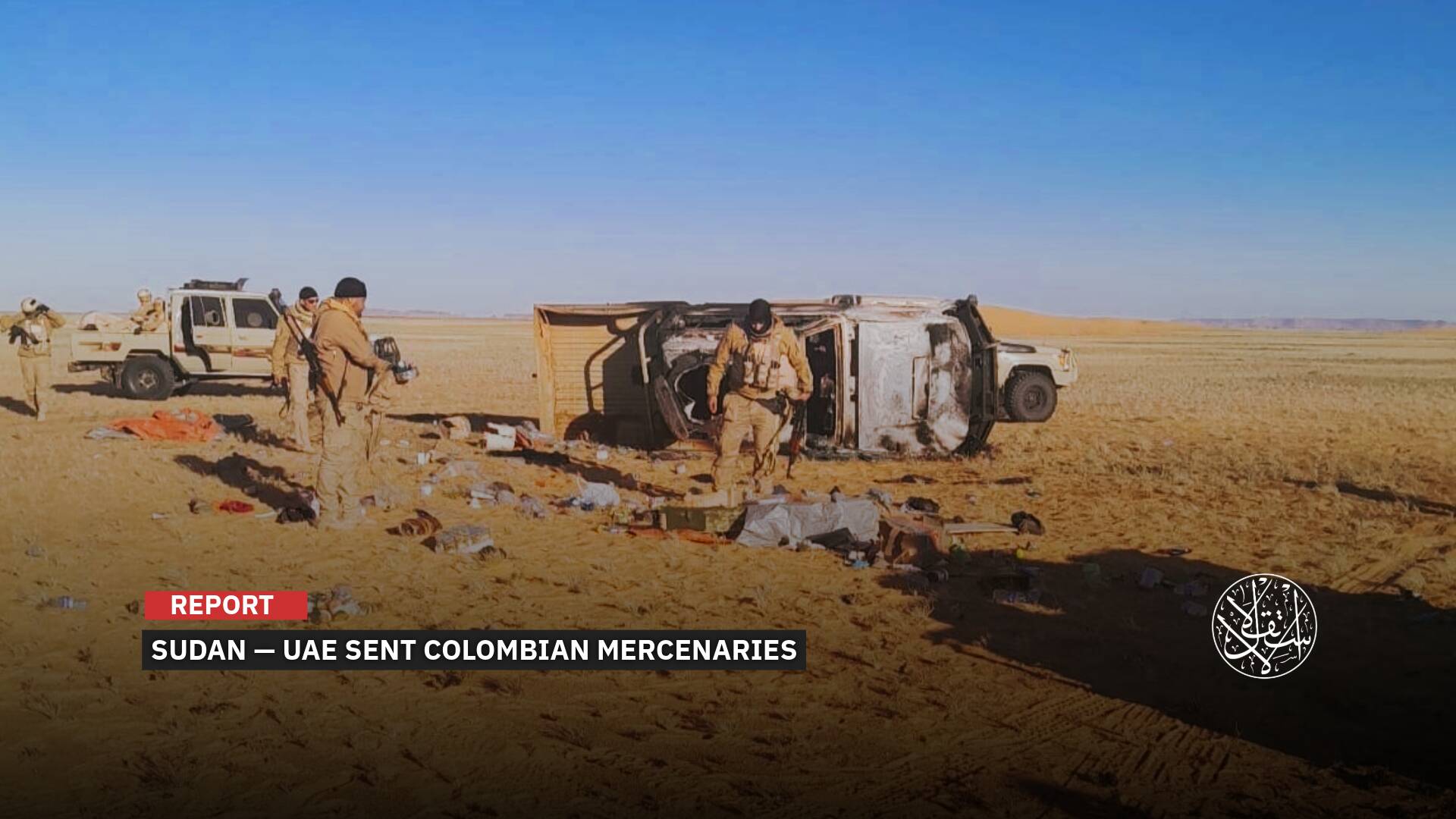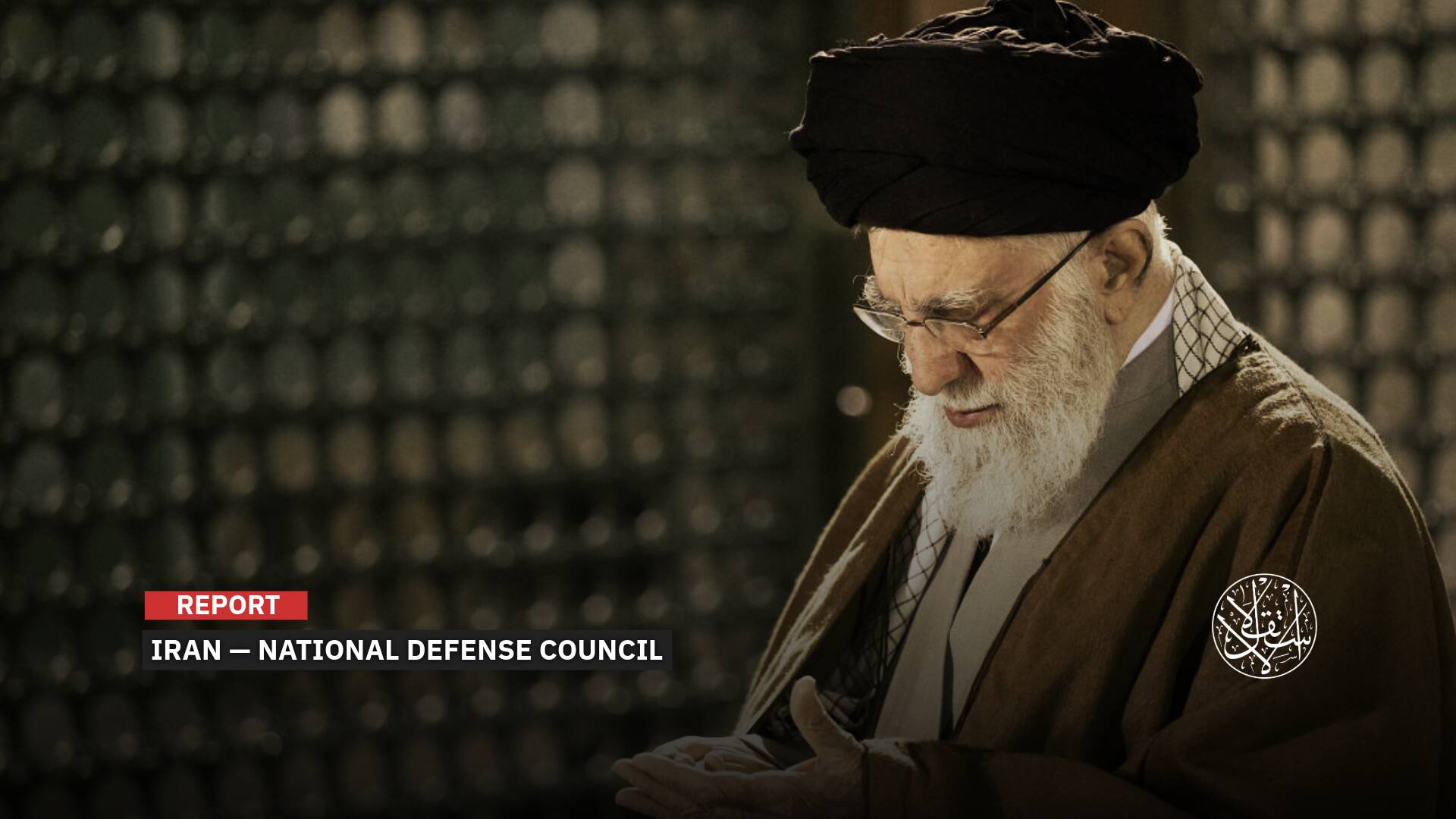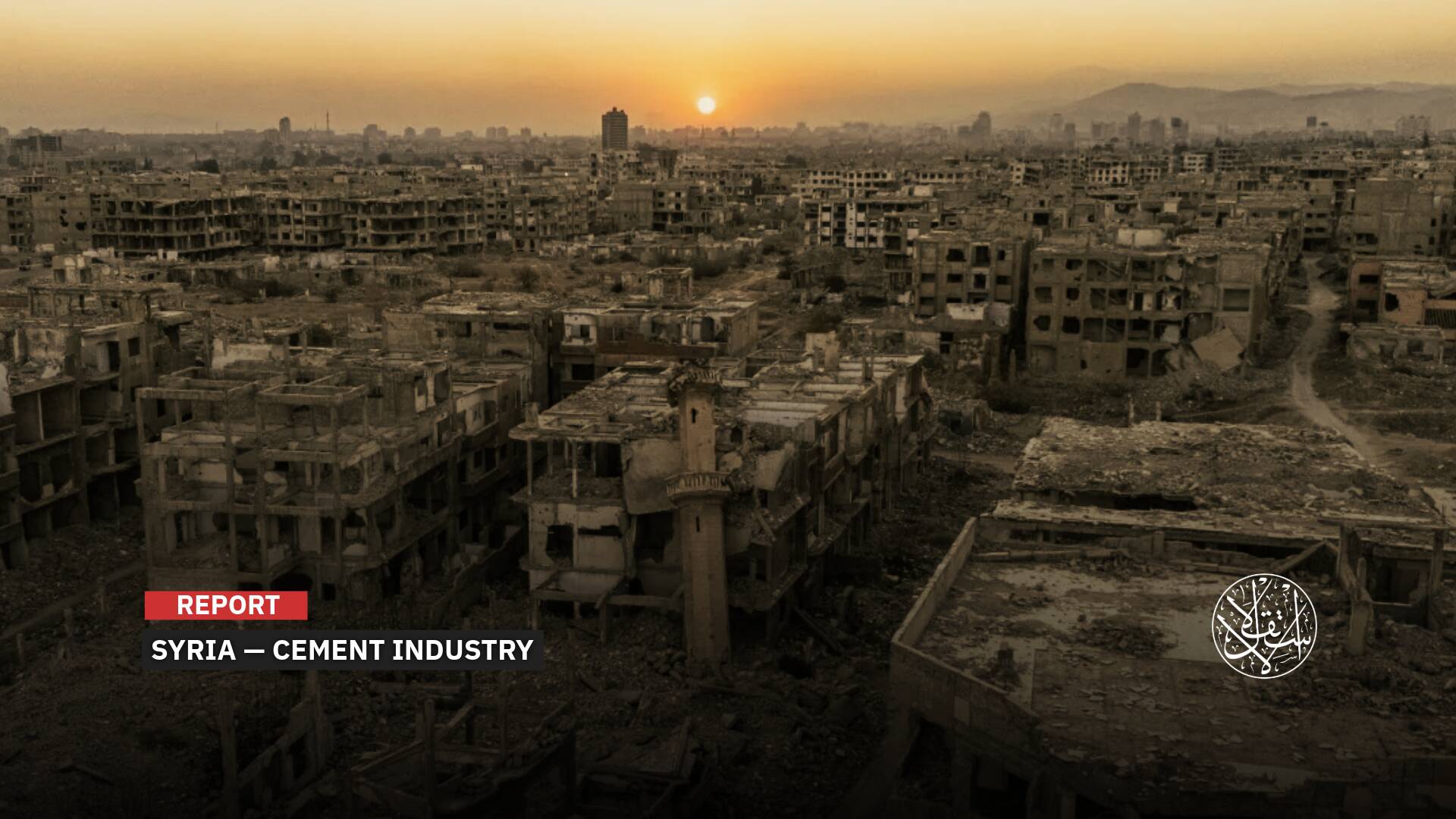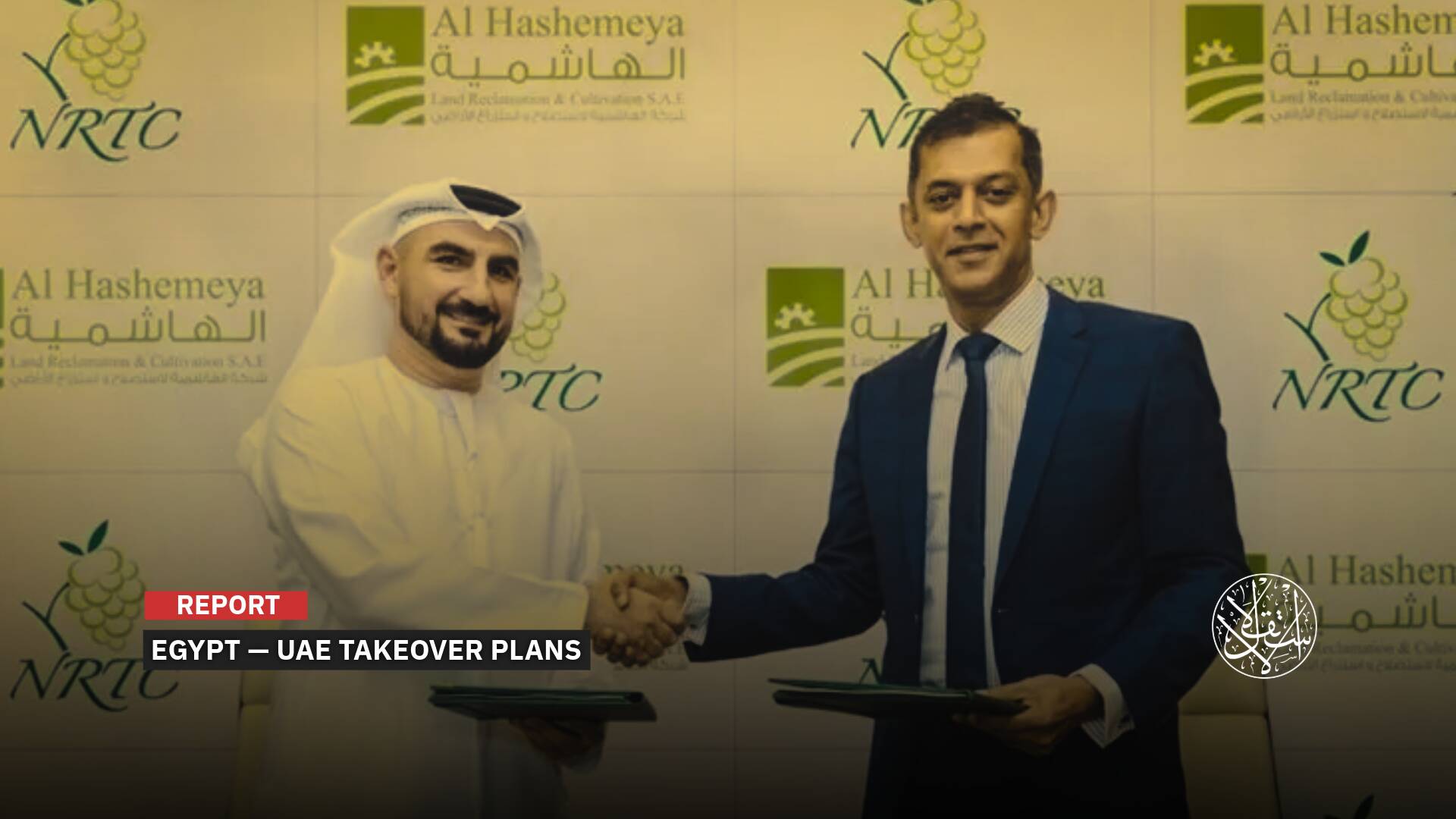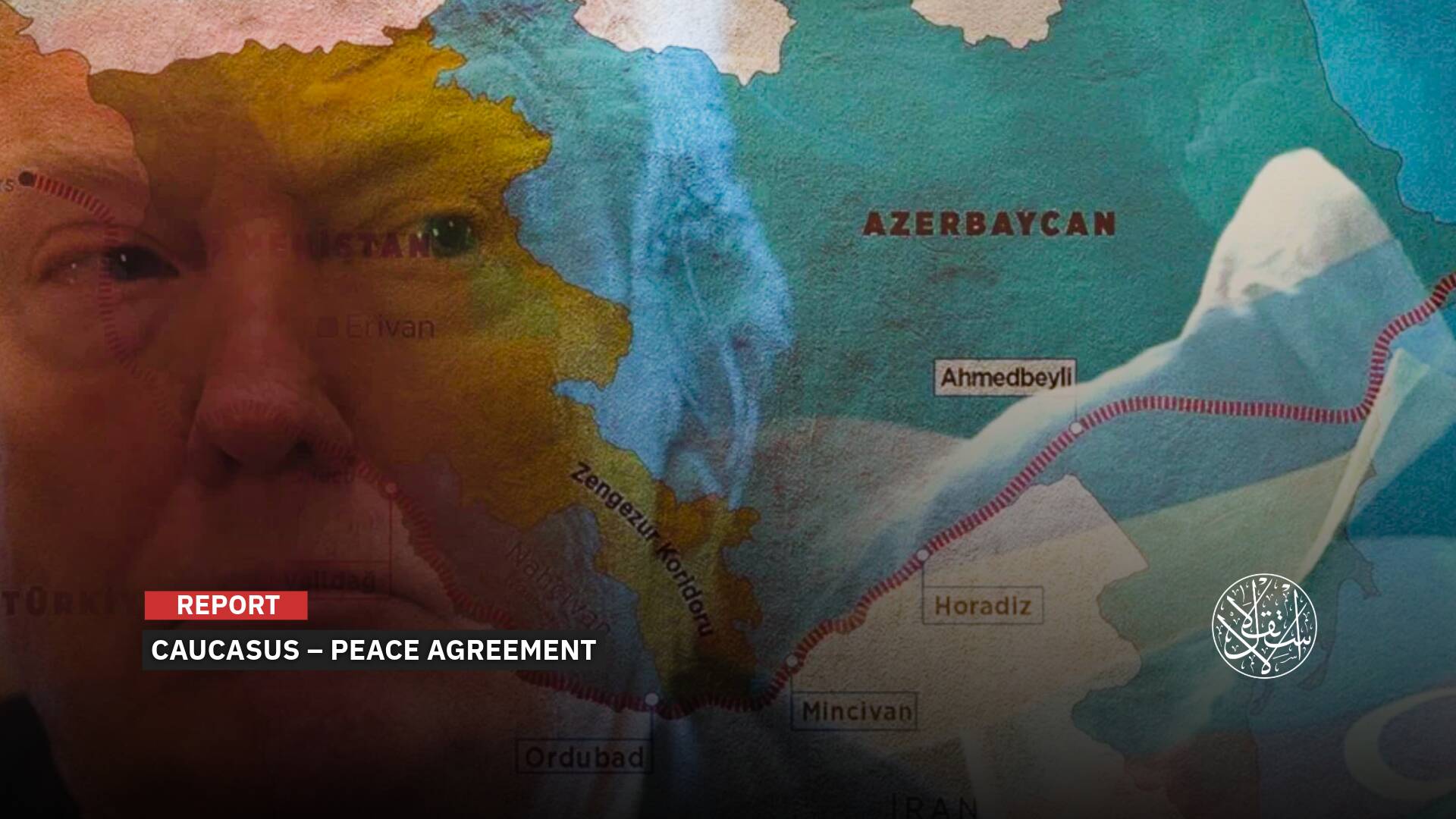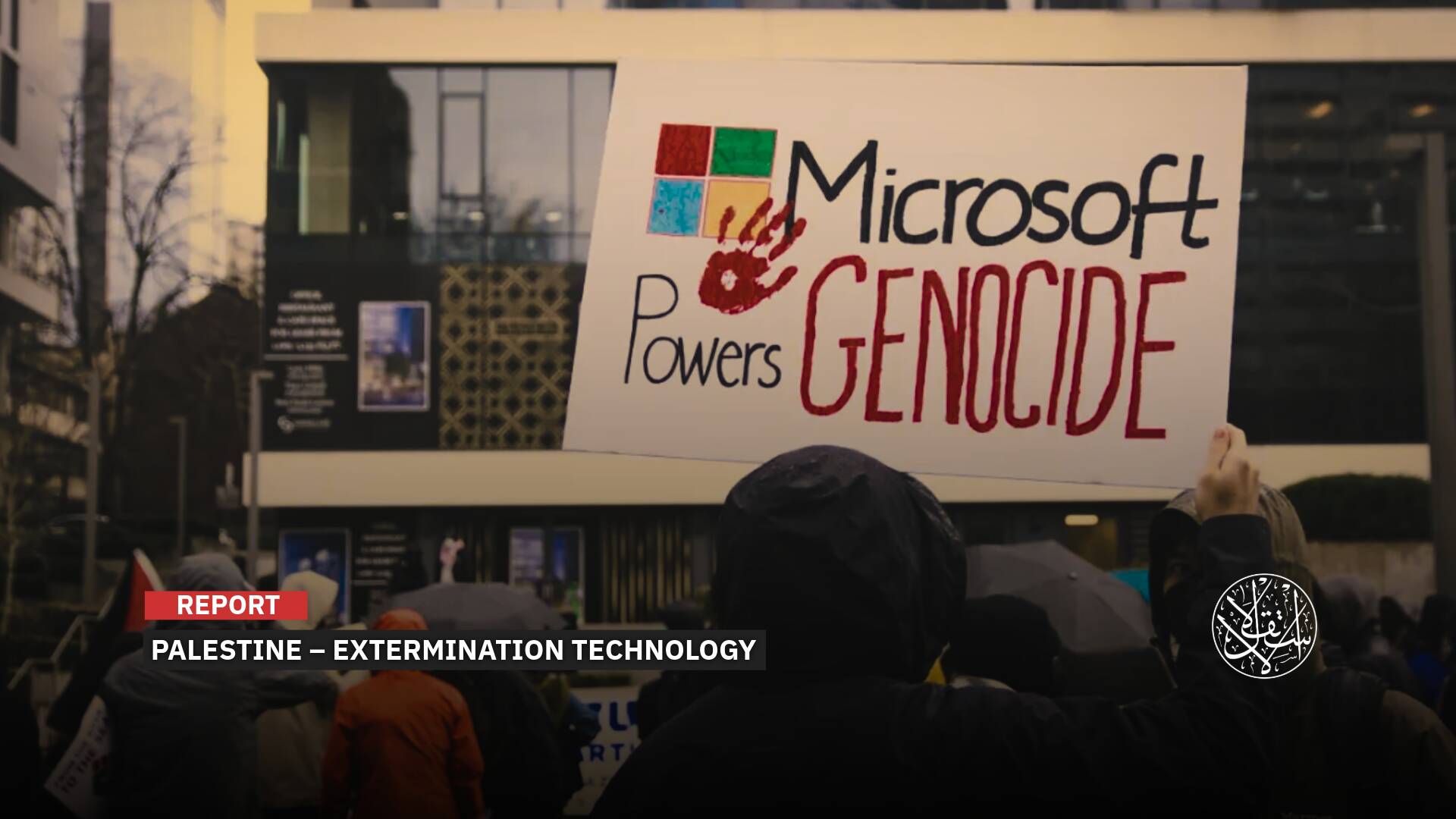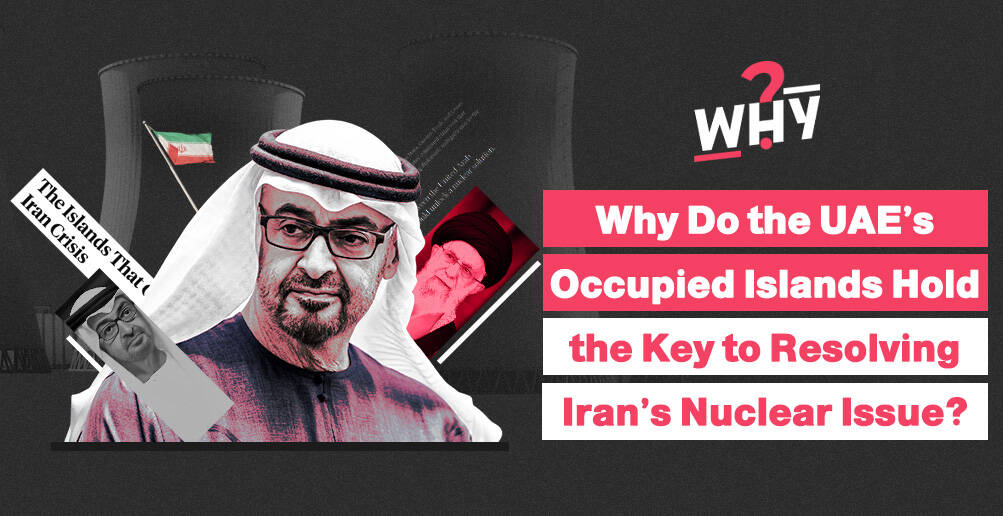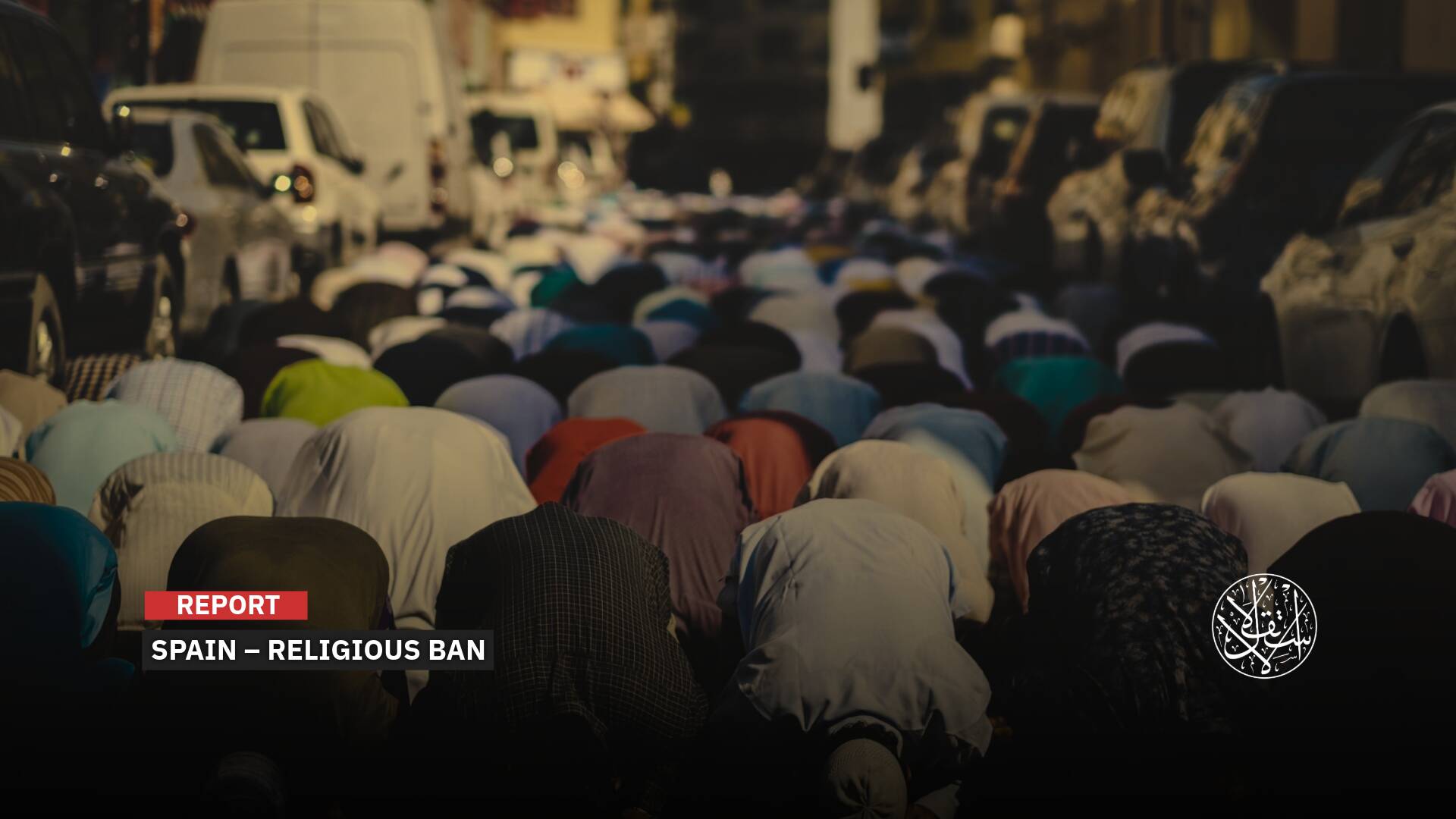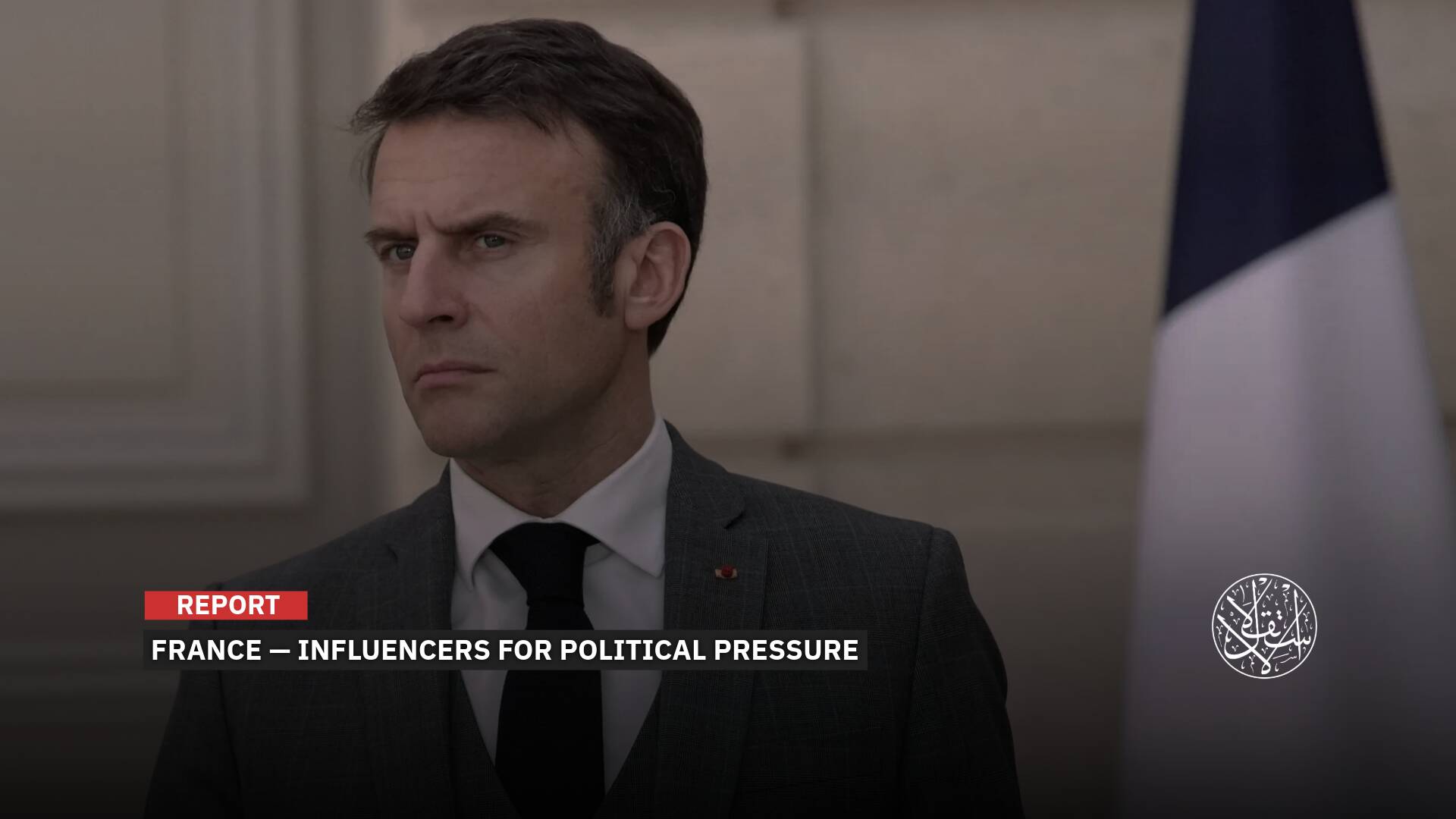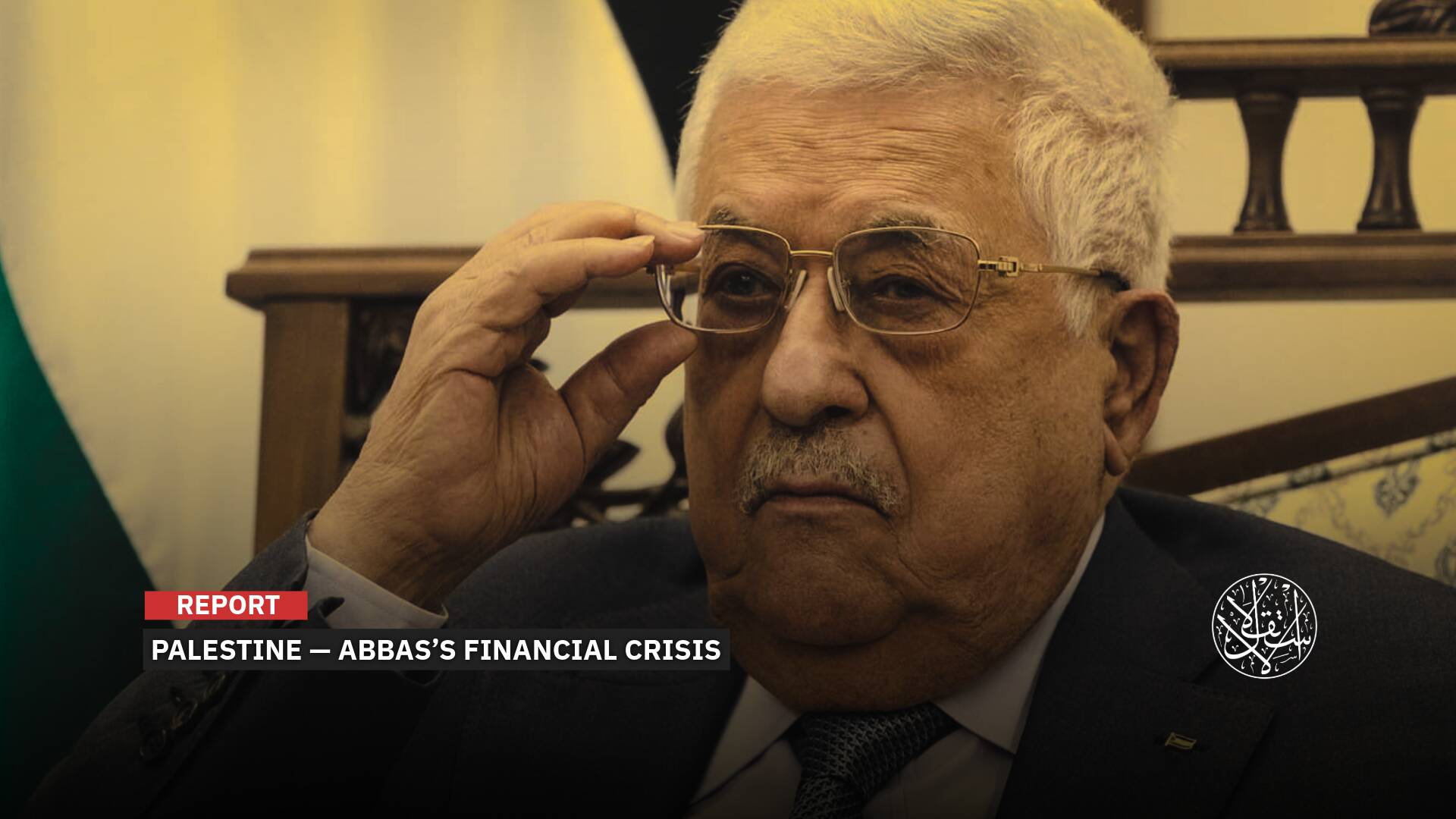Dispute Between Algeria and Morocco Over the Largest Iron Mine in the World

As soon as signs of rapprochement appear between Algeria and Morocco, a voice announces the start of a new crisis or misunderstanding between the two neighboring countries, which brings the conflict between the two Maghreb countries back to the fore, and fuels the dispute between them.
Algeria announced on July 30, 2022, the start of work on the Ghara Jbilet iron mine, 130 km southeast of the city of Tindouf, far southwest of Algeria, at a time when Morocco says that its eastern neighbor "has no right to exploit the mine without an agreement with Rabat."
This mine, which
Algeria describes this mine as the "Texas of Africa," a metaphor for the wealth it contains in iron, which is the "largest in the world," with reserves estimated at 3 billion tons, easy to exploit as surface reservoirs. This mine will allow the government to meet internal demand and export the surplus abroad.
Timing selection
The announcement of the start of the exploitation of the Ghara Jbilet mine in partnership with China coincided with Morocco's commemoration of the Throne Day, that is, the anniversary of King Mohammed VI's accession to power, which Rabat celebrates on July 30 of each year, when the Moroccan monarch gave a speech to his people. In which he called on Algeria to build friendly relations between the two countries and overcome the existing dispute between them.
A few hours before King Mohammed VI's speech, the Algerian Minister of Energy and Mines, Mohamed Arkab, was announcing the start of work on the mine, explaining that it would allow the production of 2 to 3 million tons of iron ore in the first phase (2022-2025), then 40 to 50 million tons annually starting from 2026.
According to the official Algerian News Agency, Arkab explained in his speech during his supervision of the opening of the Ghara Jbilet iron mine that "this structural project will pass through several stages extending from 2022 to 2040."
The minister pointed out that the first phase extends from 2022 to 2025, during which 2 to 3 million tons of iron ore will be extracted and transported to the city of Bechar, which is located 1,000 km from the capital Algiers. It is considered the gateway to the west of the country in order to convert and value it by national dealers who expressed their desire to invest.
As for the next stage, adds the Algerian government official, which will be starting in 2026, it will start immediately after the completion of the railway line, where the mine will be exploited with a large capacity that allows extracting 40 to 50 million tons annually.
In the same context, the Algerian economist, Mourad Kouachi, confirmed that the Ghara Jbilet mine will transform Algeria from an iron importer into an exporter, with revenues ranging from 12 to 16 billion dollars annually.
Kouachi explained to the local economic newspaper, The Investor, on August 2, 2022, that "the project will allow the creation of 3,000 direct jobs and more than 25,000 indirect jobs."
He believed that "this project will make the regions of Bechar and Tindouf, western Algeria, a major economic pole because the state is forced to complete the infrastructure in order to make this project a success."
Kouachi pointed out that "Algeria has embarked on the construction of the railway line between Bashar and Tindouf at a distance of more than 600 km, where the task of completion was entrusted to the Chinese company."
Kouachi stressed that these infrastructures will break the isolation from the southwestern region of Algeria in general, noting that the cost of completing the Ghara Jbilet mine project is about $15 billion, and it will be implemented in partnership with giant Chinese companies.

Illegal Process
On the other hand, Moroccan experts believe that Algeria's announcement of the exploitation of the iron mines is a violation of the agreement signed between Morocco and Algeria in 1972, ratified by the late King Hassan II and former Algerian President Houari Boumediene, related to the joint exploitation of iron mines.
In this context, the Moroccan expert in international relations and African affairs, Ahmed Noureddine, considered that "Algeria's declaration of unilateral exploitation of the mines of Ghara Jbilet is a direct violation of the terms of the two countries' agreement."
In an interview with Al-Estiklal, he added, "This breach, which means preventing Morocco from jointly exploiting the mines, means in international law that the signed agreement has become invaluable."
Noureddine stated that "the agreement clearly states that Morocco has the right to exploit and dispose of the iron mineral Ghara Jbilet and to ship it through a port located on the shore of the Atlantic Ocean, and to distribute the profits equally between the two parties."
For his part, Professor of International Relations, Khaled Chiat, said that "the Algerian behavior on the issue was very bad, and there is a kind of insistence on the continuation of the political crisis between Algeria and Morocco, despite the direct signals sent by Morocco in order to turn the page of the dispute and build normal relations between them."
In an interview with Al-Estiklal, Chiat said, "The issue is greater than the right of Morocco and Algeria to bilateral and joint exploitation of iron, but we are facing greater political, legal and diplomatic consequences."
Among these consequences, the university professor continues, that Algeria's unilateral cancellation of the agreement, after it started the project without an agreement with Rabat, means that Rabat has the right to reclaim the demarcation of the border.
Chiat pointed out that "Morocco ceded a number of its border areas to Algeria, in exchange for the exchange of benefits generated by those areas, as is the case with Ghara Jbilet," expressing his support for this scenario, i.e., redrawing the common borders between the two countries.
This idea was also confirmed by the expert in African affairs, Noureddine, who indicated that "Morocco now has the right to go back to the zero point and demand the re-demarcation of the borders that France had cut off from it during the colonial period. The demarcation of the borders between the two countries was the essence and subject of the 1972 agreement.
He stated that "before the signing of the 1972 agreement, Morocco had always demanded the return of the lands that France had annexed to Algeria, and there was a written promise by the Algerian interim government at the time that it would return the lands annexed by France to Algeria immediately after the exit of colonialism."
Noureddine concluded, "Morocco, which signed the agreement in 1972 with Algeria, to turn the page on the eastern border conflict, stipulated that the exploitation of iron mines in the Ghara Jbilet mines be jointly and equally, as codified in the agreement."

Agreement Terms
Returning to the text of the Moroccan-Algerian agreement for cooperation for the investment of the Ghara Jbilet mine, signed in Rabat on June 15, 1972, we find that it was published in the Algerian Official Gazette No. 48, the tenth year, on June 15, 1973.
One of the basic clauses, according to the text of the agreement, is to grant the company a period of 60 years in order to achieve its mission, starting from the date on which this agreement becomes effective.
At the end of the mission of the company, the two countries shall consult in order to reach a common agreement to determine the formula that will be given to their cooperation from a distance in this field.
Among the items, the two countries grant the Algerian-Moroccan company, free of charge and for the same period, freedom of passage in both directions through their respective territories to transport the mineral, equipment, and supplies between the Ghara Jbilet mine and the Moroccan port on the shore of the Atlantic Ocean.
The document said that the company must have a headquarters in Algeria and another in Morocco and that 50 percent of the shares be in possession of one or several public institutions wholly owned by the Algerian state, thus forming the Algerian group, and 50 percent in possession of one or several public institutions wholly owned by it.
The agreement concludes by saying that the two countries undertake, in general, to do everything in their power, whether at the legal, administrative or financial level, in order for the company SJM to achieve quickly and with complete success the purpose for which it was established.
Sources
- After 70 years... Algeria decides to exploit the sleeping iron giant, Ghar Jbeilat, the third world reserve [Arabic]
- After violating the joint exploitation agreement with Morocco to be alone, Algeria is obliged to share the proceeds of the "Jbeilat Raid" mine with 3 Chinese companies [Arabic]
- The production of the iron mine of Ghar Jbeilat will range between 40 and 50 million tons per year in the horizons of 2026 [Arabic]


